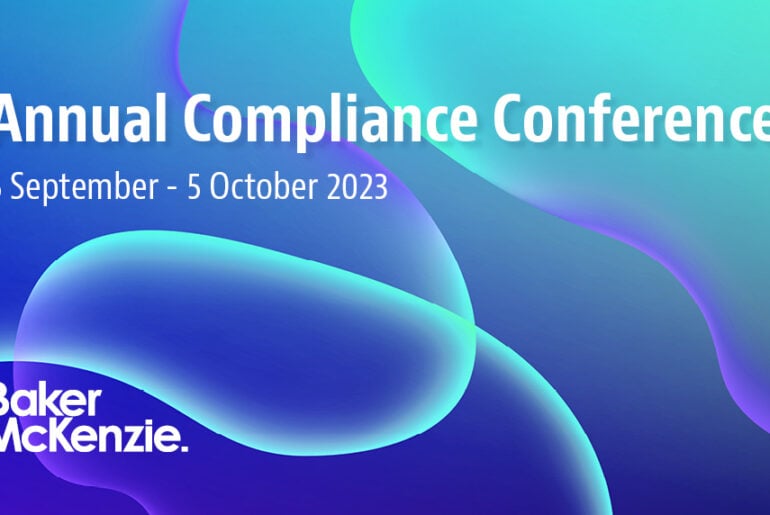On June 8, the White House published a set of reports on the 100-day interagency reviews conducted pursuant to Executive Order 14017 “America’s Supply Chains” (“the Reports”). The Reports assessed supply chain risks and vulnerabilities related to the following four key supply chains and made policy recommendations to address those risks:
- semiconductor manufacturing and advanced packaging;
- large capacity batteries, including electric vehicle batteries;
- critical minerals and materials; and
- pharmaceuticals and advanced pharmaceutical ingredients.
The Reports were accompanied by a White House Fact Sheet summarizing the key findings, expressing support for some of the policy recommendations, and announcing additional Biden-Harris Administration measures directed at strengthening the resilience of these and other supply chains. A second set of reports on six critical industrial base sectors are due by February 24, 2022 at the conclusion of a one-year review of those supply chains.
With a heavy focus on onshoring, nearshoring, or even “friend-shoring” critical supply chains, the 250-page Reports recommend pursuing measures such as loans and other financial incentives to encourage domestic manufacturing as well as efforts to work with like-minded allies and partners abroad. For instance, the Reports recommend that Congress dedicate at least USD 50 billion to fund the CHIPS Act and invest in domestic manufacturing of critical semiconductors. In addition, based on recommendations in the Reports, the White House announced the establishment of a new Supply Chain Disruptions Task Force which will aim to provide “a whole-of-government response to address near-term supply chain challenges to the economic recovery” and alleviate bottlenecks and supply constraints.
The Reports and White House Fact Sheet also include a number of measures and policy recommendations that could ultimately have compliance implications for companies in these supply chains. We will unpack some of the compliance-related measures and policy recommendations in later blog posts here on the Global Supply Chain Compliance Blog, but in the meantime, below are some examples:
- Defense Production Act (“DPA”): The Reports and White House Fact Sheet include several references to possible use of the DPA, focusing primarily on incentives to onshore or nearshore production in critical supply chains. While not emphasized in the Reports, the Administration could also continue to use the allocation and prioritization authorities in Title I of the DPA, such as by issuing rated orders for key items in critical supply chains. These authorities have been popular tools during the pandemic by both the Trump and Biden Administrations.
- Buy American Act: The White House Fact Sheet describes a plan for a proposed rule to develop a new process for preferencing critical products that are in manufactured products or component parts under the Buy American Act.
- Actions Against Unfair Foreign Trade Practices: As recommended in the Reports, the Administration announced that it will establish a “trade strike force” to address unfair foreign trade practices, such as subsidies, that are eroding the resilience of critical supply chains. The trade strike force, which will be led by the US Trade Representative, will propose unilateral and multilateral enforcement actions against unfair foreign trade practices that negatively impact critical supply chains. This could result in new trade restrictions or other measures for companies in critical supply chains. In particular, the Commerce Department will evaluate whether to initiate a so-called Section 232 investigation into neodymium magnets.
- Export Controls: The policy recommendations include export controls “that can support policy actions to identify and address vulnerabilities in the semiconductor manufacturing and advanced packaging supply chain.” The Reports recommend that the Administration make efforts to collaborate with key allies and partners on multilateral export controls.
- Foreign Investment Review: The Reports recommend that the Administration continue to ensure that foreign investment reviews are conducted for national security considerations in the semiconductor manufacturing and advanced packaging supply chain. The Reports go on to make some specific recommendations for those reviews.
- Labor and Environmental Compliance: The Reports emphasize the importance of supply chain sustainability and compliance with labor and environmental standards. For example, the Reports stated that the US “must work with allies and partners to diversify supply chains away from adversarial nations and sources with unacceptable environmental and labor standards,” and “US investments abroad must incentivize environmentally and socially responsible production.” With respect to the critical minerals and materials supply chain, the Reports recommend establishing an interagency team with expertise in mine permitting and environmental law to identify gaps in statutes and regulations that should be updated, as well as conditioning incentives to target mining companies with strong environmental compliance track records.
- Human Rights: The policy recommendations for the strategic and critical minerals supply chain include a recommendation that the Securities and Exchange Commission (“SEC”) review compliance with Dodd-Frank section 1502 and issue enforcement actions as appropriate. The Reports also recommend that the State Department seek to expand section 1502 beyond the African Great Lakes Region to other conflict-affected and high-risk areas. There is also a recommendation for new legislation to reduce the impact of forced labor, organized crime, and other human rights abuses in the critical minerals and materials supply chain.
Companies operating in these critical supply chains should review these developments to consider how the policy recommendations and other measures announced by the Administration or described in the Reports could increase compliance risks and obligations. We will be publishing more detailed posts relating to these specific areas of coverage in the coming weeks.





